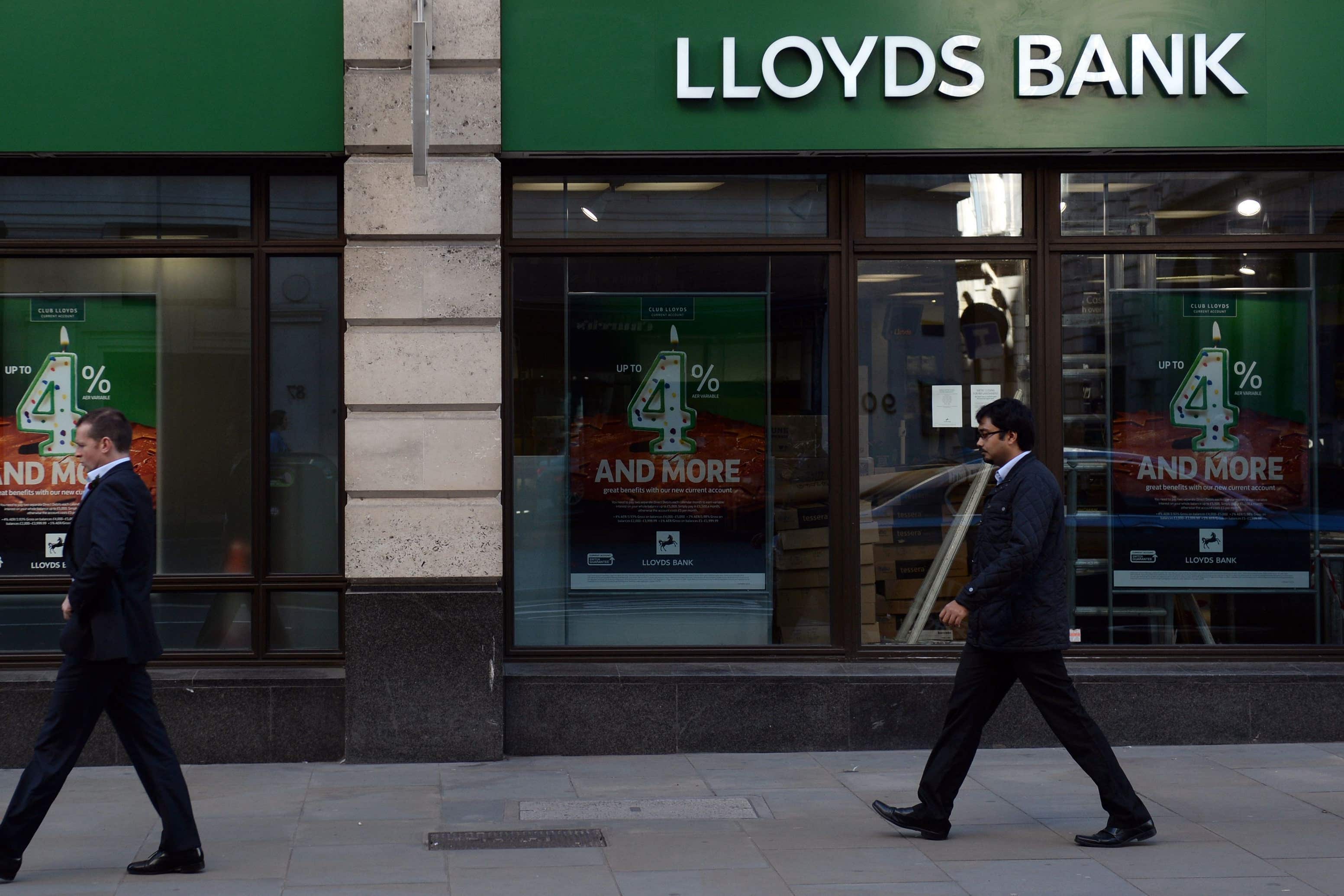Lloyds finance chief says UK bank sector needs ‘competitive, stable’ tax regime
Finance chief William Chalmers said the bank would welcome a Budget that aligns with the Government’s ‘pro-growth agenda’.

Your support helps us to tell the story
From reproductive rights to climate change to Big Tech, The Independent is on the ground when the story is developing. Whether it's investigating the financials of Elon Musk's pro-Trump PAC or producing our latest documentary, 'The A Word', which shines a light on the American women fighting for reproductive rights, we know how important it is to parse out the facts from the messaging.
At such a critical moment in US history, we need reporters on the ground. Your donation allows us to keep sending journalists to speak to both sides of the story.
The Independent is trusted by Americans across the entire political spectrum. And unlike many other quality news outlets, we choose not to lock Americans out of our reporting and analysis with paywalls. We believe quality journalism should be available to everyone, paid for by those who can afford it.
Your support makes all the difference.Lloyds has cautioned that the banking sector needs a “competitive, stable” tax regime to encourage investment in the UK, amid fears that bank taxes could be hiked in the upcoming Budget.
Finance chief William Chalmers said the bank would welcome a Budget that aligns with the Government’s “pro-growth agenda”.
“The bank sector – and certainly we at Lloyds – are one of the UK’s largest taxpayers already, and actually we take some pride in making our contribution to the society of which we are a part,” he said.
“It is also the case that it is important to have a competitive, stable tax regime to encourage the type of investment and lending that we would seek to do to promote the growth agenda.”
He added that Lloyds, which owns Halifax and is the UK’s largest mortgage lender, was looking forward to getting “clarity” from the upcoming autumn Budget.
The remarks suggest that any increase to tax rates for banks could have an impact on how competitive the UK is as a financial centre.
It also indicates Lloyds’ support for the Government’s plans to boost economic growth in the UK, with Mr Chalmers adding that the bank will be looking for measures that can stimulate investment.
He elaborated that the lender would welcome “a Budget that looks toward creating an environment that is conducive to, and incentivises, long-term investment” in areas such as housing, infrastructure and energy transition.
Analysis by PwC for trade group UK Finance on Monday showed that UK banks paid a record amount in taxes last year, partly due to them generating more taxable profits.
The UK banking sector’s total tax contribution was £44.8 billion for the financial year to the end of March, the new figures showed.
With the UK Government set to announce its Budget statement next week, there has been growing speculation over possible tax rises to help cover shortfalls in public finances.
The finance boss laid out Lloyds’ expectations alongside the bank’s third-quarter results, which showed it made a pre-tax profit of £1.8 billion between July and September.
This was 2% lower than the £1.9 billion generated this time last year, but significantly ahead of forecasts with analysts expecting a profit of about £1.6 billion for the third quarter.
Meanwhile, Lloyds said its customers were showing increasing financial confidence as cost-of-living pressures continue to ease.
It revealed a 5% increase in spending on non-essential items among its customers over the first nine months of the year, while average spending on energy bills dropped nearly 20%.